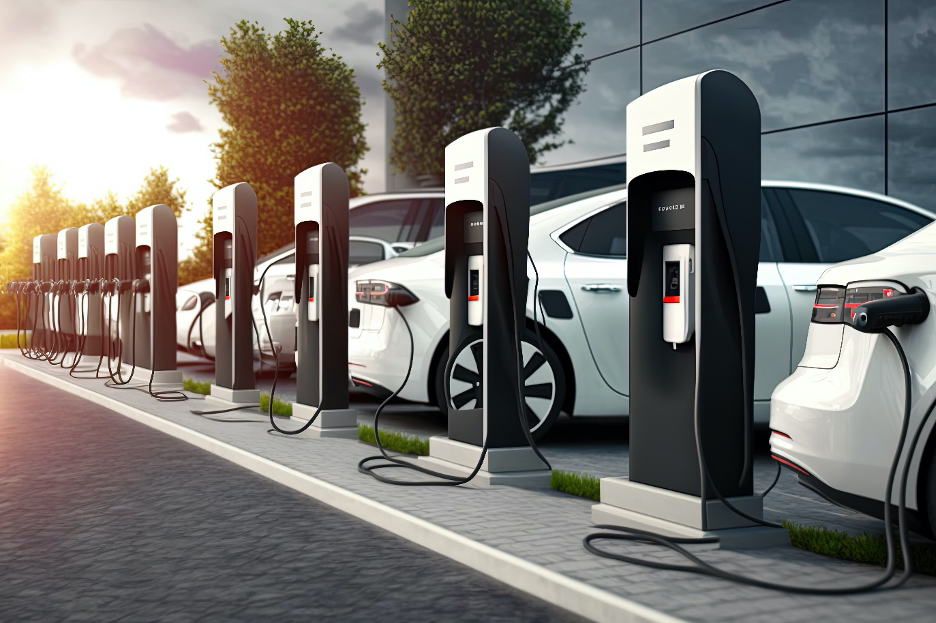As we look ahead to 2023 and beyond, it’s clear that electric vehicles (EVs) and charging technology are driving change in the automotive industry and beyond. With the rise of renewable energy sources, increased consumer demand for sustainability, and government initiatives to reduce carbon emissions, the future of transportation is electric.
One of the main drivers of the EV revolution is the decreasing cost of batteries. According to a recent report from BloombergNEF, the cost of EV batteries has already fallen by 89% since 2010 and is expected to continue to decline in the coming years. Companies like Tesla, ChargePoint, and EVBox are developing charging solutions that are faster, more efficient, and easier to use.
Governments worldwide are supporting the growth of EVs and charging, with the EU planning to phase out new gasoline and diesel cars by 2035, India targeting 30% electric mobility by 2030, and the US proposing a $174B plan to boost the EV market. Companies like Tesla, tata motors and EVgo are investing heavily in charging infrastructure to expand their networks. These initiatives will transform the transportation industry, reducing carbon emissions and promoting sustainability.
As the EV and charging industries continue to grow, we can expect to see major changes in the automotive industry and beyond. EVs and charging technology will not only transform the way we think about transportation, but also impact industries like energy and infrastructure.
In conclusion, the future of transportation is electric, and EVs and charging technology are driving change in 2023 and beyond. With falling battery prices, increased investment and innovation in charging technology, and government support, the EV and charging industries are poised for significant growth and transformation in the coming years.

